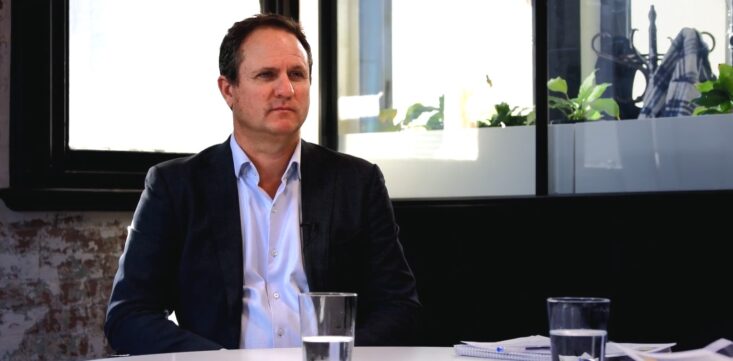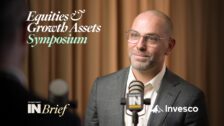Clarity of purpose is what we want to see in borrowers: Epsilon
For private credit outfits like Epsilon Direct Lending, the bedrock of their enterprise is the sanctity of borrowers’ ability to repay debt. When asked what the single most important aspect of lending, Epsilon’s co-founding partner Mick Wright-Smith was unequivocal in setting this as the benchmark.
“The single most important aspect of lending is to maximise the probability that you are going to get your money back,” Wright-Smith told The Inside Network’s James Dunn during an Inside Network IN60 interview.
Factors like profit, cash flow, security and debt level are all crucial considerations, Wright-Smith added. They are core interdependent factors that contribute to not only a firm’s ability to repay a loan but its overall sustainability. All considerations need to be taken into account, he explained. “And that’s really hedging my bets, but I suppose a lender should do that.”
Epsilon’s track record as a private lender continues to grow in the space left by the big banks, which are steadily drawing further and further away from mid-market lending. It’s a trend that was well noted by Wright-Smith and fellow founding partners Paul Nagy and Joe Millward, who spent years together building a corporate loan book at Commonwealth Bank before launching Epsilon’s inaugural Epsilon Direct Lending Fund over two years ago.
On the back of the initial fund’s takeup, the three recently launched a second fund based on directly structured senior secured floating rate loans to “high quality, credit-worthy” middle-market companies across Australia and New Zealand.
Epsilon’s success is based on a mixture of research, technical know-how and relationship building, as well as calculated risk.
Naturally, the risk factor is core for a lender. Just as important as the boxes Epsilon needs to see ticked before it lends are the red flags it’s constantly on the look out for.
“I would say the single most important red flag in making a loan to a company is a lack of transparency from a borrower,” Wright-Smith said. “If a borrower is unable or unwilling to share information then that’s a red flag.”
For any scrupulous lender, Wright-Smith explained, any attempt to obscure key information should be construed as a failure at disclosure. “Honesty and disclosure should always be hygiene factors in lending,” he said.
This principle is something the lender confessed he would be sure to impress upon his younger self if he had the opportunity. Like Warren Buffet’s maxim about not investing in something you don’t fully understand, the co-founder believes a lender should never invest in a company whose value proposition isn’t able to be comprehended.
When asked what piece of advice he’d impart to himself at a younger age, Wright-Smith didn’t hesitate.
“If you’re presented with a marketing plan or pitch for a company’s investment plan or strategy, and you can’t understand it even though you’ve done your best to understand it, walk away,” he said. “There’s a reason you can’t understand it.”











